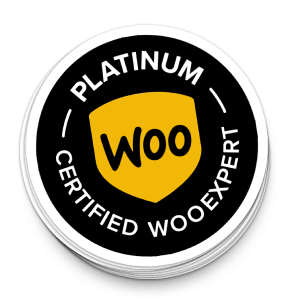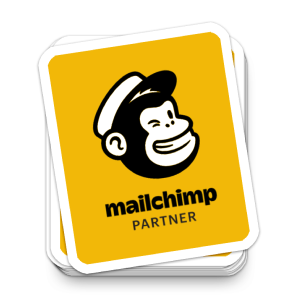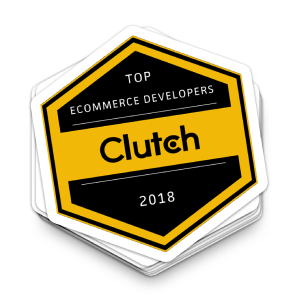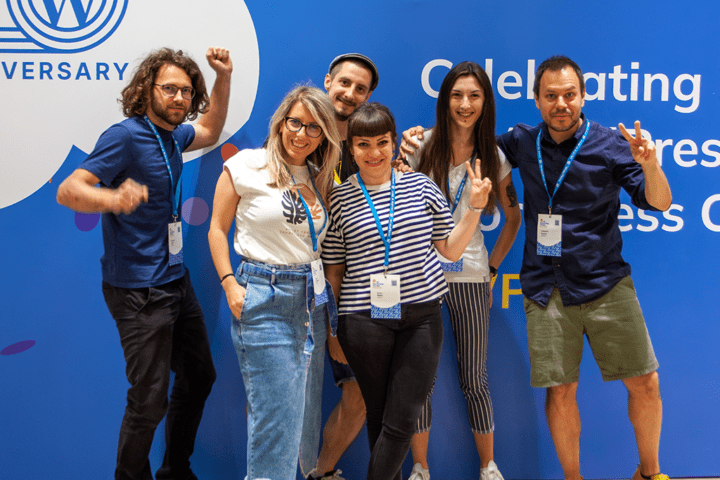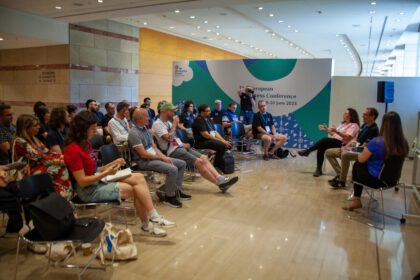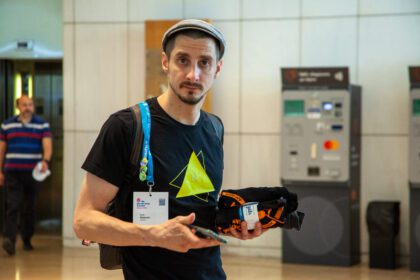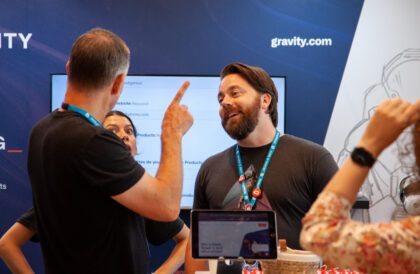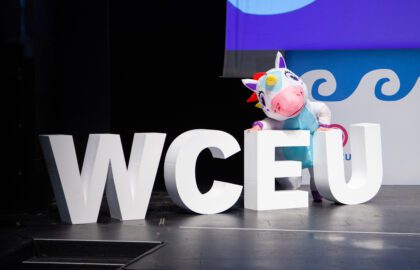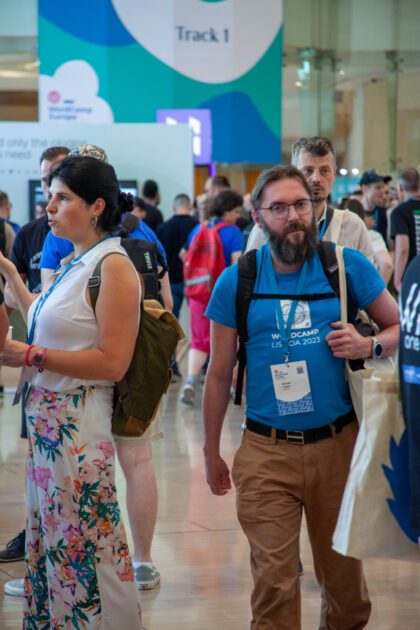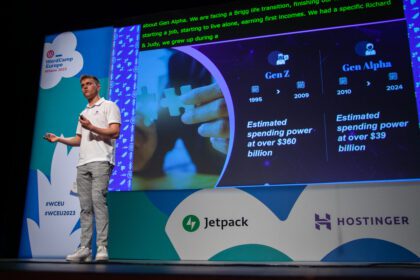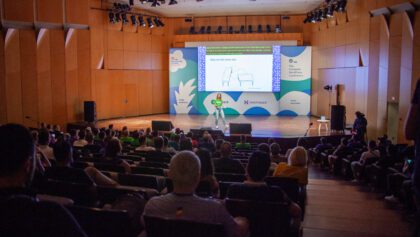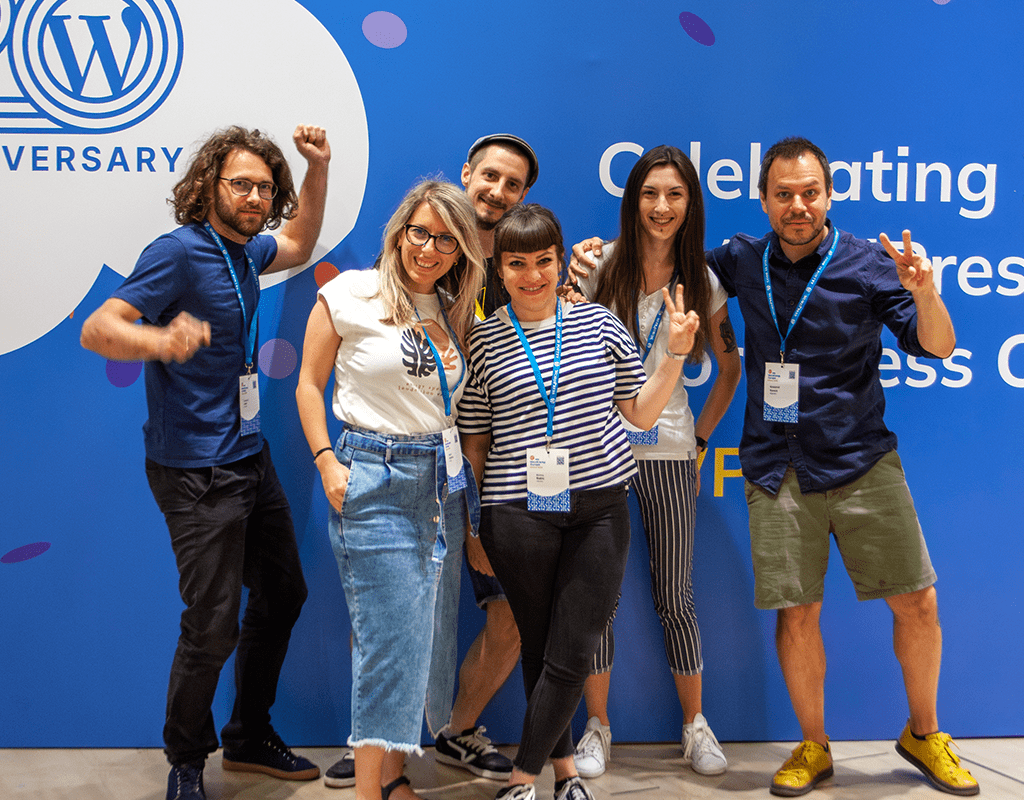We’re global open source WooCommerce Champions for 2023!
The good people from Netokracija had a chat with our CEO Krešimir Končić about the 20th anniversary of WordPress, community efforts and our new “OpenSource Champion” award. This text is an English translation of this interview.
The most well-known content management system, WordPress (WP), is marking its 20th anniversary and the birthday was celebrated with meetups all around the world.
One special “meetup” was huge WordCamp Europe 2023 (Athens) with several thousands attendees, dozens of lectures and couple of positive / negative trends that we will talk about here.
Also, we are speaking about an ecosystem that has undeniably made a huge impact in the digital world, and has revolutionized the entire digital sphere with – democratization of online publishing, best practices in open-source community management, and influence on the growth of the entire philosophy of the open web.
To better understand the current situation of WordPress, we spoke with Krešimir Končić, the founder of Neuralab, who’s been part of the community for over a decade now. (The timing is perfect as Neuralab team’s just been awarded as “OpenSource champion for 2023”).
Gutenberg – Love & Hate in the WordPress arena
The development of the Gutenberg editor surprisingly strikes a love & hate chord, explains Krešimir. On one hand, a more powerful and modern editor was needed to improve the stagnant editorial experience. On the other hand, Gutenberg and its final implementation have sparked so many debates and controversies that we addressed this conflict on Netokracija already.
The challenge of the WP ecosystem (and everything attempted around it) is that it has become the de facto operating system of the web, which means it must satisfy both large and small, compatible and incompatible, old and new ways of application development…
Automattic‘s political push for Gutenberg (as to halt the rapid growth of web builders – Wix, Squarespace, etc.) is a legitimate battle for market share; but these kinds of hasty decisions add fuel to the fire and generate unintended consequences.
And this “too big to fail” aspect means there will always be divided opinions and questionable progress on any given topic, especially about the editor experience.
But on the positive side, Gutenberg did hit the mark that Krešimir predicted, which is the “JavaScript future of WordPress“
Enterprise or not, that is the question
When Neuralab became a WordPress VIP partner, we stated that we simply didn’t need other programming languages and environments. A few years later, our team wanted to check if anything had changed. Krešimir states that WP is still a good comprehensive framework:
The fundamental feature of WP is its native ability to handle any type of content, which can then be modeled and displayed in various ways. This implies close collaboration between designers, engineers, system administrators, and marketers. Once such a team is set up, WP projects have no UX limitations.
Additionally, WordPress has an extensively diverse community of agencies, developers, hosting providers, and various integrations, which is why Neuralab believe that everything they do on WordPress is “future-proof”, as stated by Krešimir:
To be honest, we are a web-only team, so of course WP is our default tool. However, when you consider that WP can also be used solely as a Data Management System (through its REST API), there are truly no limits to the type of web applications you can create.
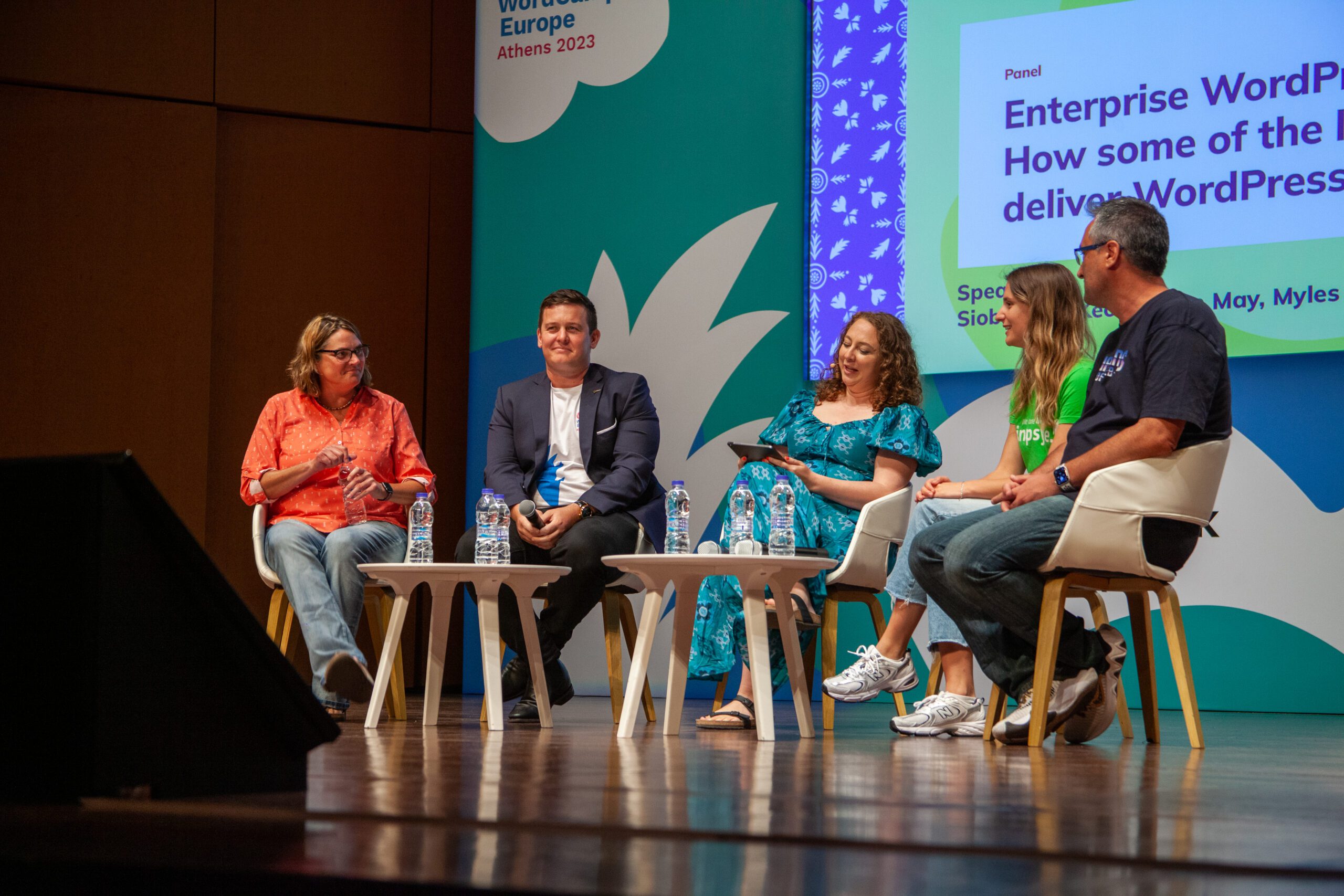
On the other hand, there are some projects that are not applicable, such as various intranet applications. However, even in those cases there’ s a need for some kind of “classic” content like information pages or posts, which WordPress is optimal for, as emphasized by Krešimir:
For example, we’ve built eCommerce marketplaces using WP and WooCommerce, which are projects that require over 4000 working hours and involve some of the most complex user experiences. This is especially true when building interfaces that facilitate communication and conversion between two unknown parties, similar to eBay.
Neuralab would probably not choose WP if they had to build an internal web-based tool that manages other IT systems, using Altus’ Cloud management system as an example. However, such projects are usually equipped and budgeted separately, as explained by Krešimir.
“Is one sold WP VIP hosting package worth more than helping the local community?”
WordPress is currently used in 43% of all web applications or websites, but the more important fact is that WP is used in 65% of all web applications that utilize some form of content management system (CMS). In other words, we are soon approaching a situation where WordPress will be installed on more than two-thirds of all significant web platforms.
Therefore, there is an impressive community behind WP, but even such a community has its flaws. Krešimir provides his honest reflection:
What is evident is that the company that is pushing WordPress the most (i.e., Automattic) does not reap direct significant benefits from it. They’ve started entering into confrontations with other major companies that offer various WP-based solutions, taking advantage of the system’s popularity but not contributing as much back to the community, which Automattic does.
The pebble in Matt Mullenweg’s shoe are bigger players and competitors like GoDaddy, and the base of these confrontations was the so-called “5 for the future” concept that Matt promoted, stating that “if you use WP in your business, you must allocate at least 5% of your resources back to the community.”
contributions are not measurable and objective. That is, does someone’s code contribution to the core system hold more value than maintaining documentation or organizing meetups?
To us, this is neither fair nor a meaningful game. For example, Neuralab organizes a WooCommerce meetup with over 400 local members. Now, does one sold WP VIP hosting package hold more value than helping the local community? Frankly, I doubt it and i think that the whole Automattic would be better off in sticking to the root values of OS systems – treating each type of contribution as a valid one.
Web3 should learn about self-criticism from WordPress community
Despite these flaws, WordPress has positioned itself as a good example and role model in many aspects, from which others can learn. Therefore, Krešimir believes that the web3 community, especially the Ethereum ecosystem, could learn a lot from WP, considering that Ethereum has adopted the philosophy from the WP ecosystem – through concepts like meetups, conferences, and the collaborative work of the community on the project itself.
Every new functionality is coordinated through developer meetings, Git comments, but above all through asynchronous written communication. For example, you can compare Ethereum’s EIP (Ethereum Improvement Proposals) with the WordPress TRAC system, and you will see that there are many similarities in how bugs, change requests, new features, and system changes are managed.
Both communities support open and passionate discussions, decentralized and distributed work. Anyone can write a core change request, but progress on the system itself is slower compared to other competitors – mainly because both Ethereum and WordPress serve a significant part of the web2 and web3 world.
One thing that WordPress could teach the web3 community is the development of self-criticism (neither web2 nor web3 are carefree playgrounds), but progress has been made in that direction as well.
WordPress exemplifies four key points of large open-source projects:
Krešimir summarized these four points as follows:
- Consensus, not authority – open-source code is of higher quality because it is achieved through consensus, not dictation. Although this process may be more turbulent than centrally dictated road map, it leads to a stronger market product in the long run, incorporating the knowledge and testing of multiple contributors (developers).
- Decentralization of work on the system, which is directly related to the aforementioned consensus. This enables us to have multiple perspectives and pay attention to market details that may go unnoticed in hidden corners of centralization.
- Open source builds the market, not just one company – in line with decentralization, one of the key features and points of open source projects is that they benefit the market as a whole rather than just one company. Linux, Apache, Android, and WordPress have democratized and strengthened the internet in the broadest sense. WooCommerce does the same for e-commerce and online sales.
- Independent and portable – open source loves to grow, evolve, and break free from its own confines. The more open it is, the greater the chance of finding a qualified engineer or consultant for your business needs. On the flip side of this coin, organizations that have relied on systems that maintain a “vendor lock-in” have experienced the opposite.
What does Krešimir predict for WordPress?
Krešimir predicts that there won’t be any major tectonic shifts for WordPress because every technology tends to move towards calcification – as seen with Linux or Windows systems, as well as hardware products like iPhones or tablets. However, calcification and robustness are actually desirable features for such important systems, he adds.
Nevertheless, Krešimir does see a few challenges for the further development of WordPress.
The first challenge is determining which market to primarily target. Krešimir believes that it makes more sense for Automattic and the entire WordPress community to focus on medium and large web projects, specifically targeting the market of medium and large organizations.
The market for small projects is already saturated with various builders like Wix or Squarespace, and the eCommerce market is filled with platforms such as Shopify, eBay, or Amazon stores. Therefore, it is not entirely clear why Automattic wants to introduce the Woo Express system, which is supposed to cater to micro-merchants. However, we will see how this shift unfolds and progresses.
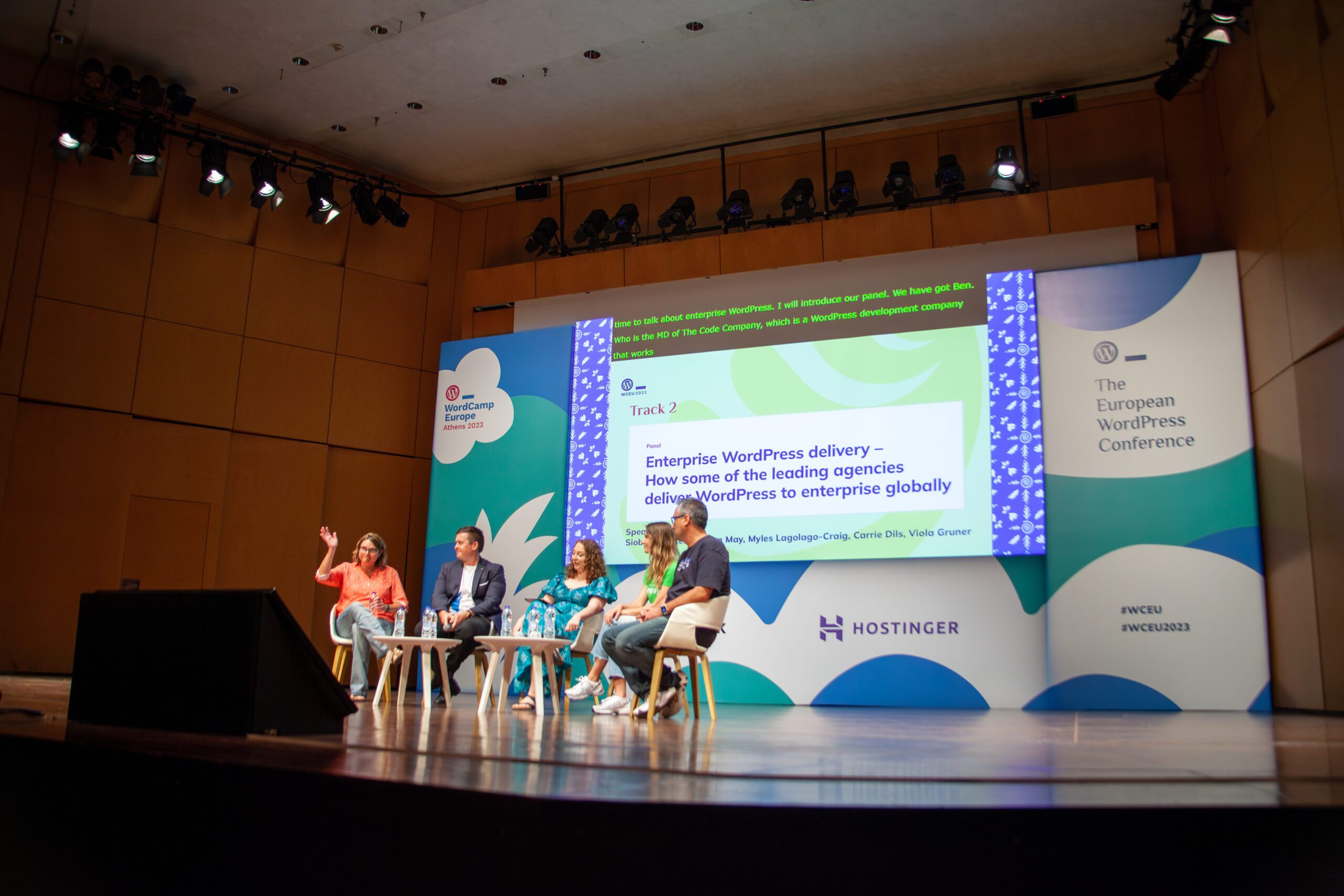
Another challenge is backward compatibility, which involves ensuring meaningful platform development in a modern direction without compromising the functionality of all the applications that rely on it.
It is indeed a challenging task that only a few people have experience with. One possible solution could be the introduction of Long-Term Support (LTS) for certain versions of WordPress. However, this raises numerous new questions, with the most important being who will be responsible for maintaining an open-source system of such size and complexity.
Open source as an “official public good”
Krešimir, in conclusion, identifies the problem he considers the biggest:
Open-source projects lack people, time, and money. A long-term and comprehensive solution would be to start treating open-source projects as official public goods, which Končić clarifies in more detail.
As a community, we always need to ask ourselves how we can contribute to the ecosystem and facilitate the overall development of the web market. Web3 concepts like quadratic funding for open-source projects can provide some assistance, but I believe that a long-term and comprehensive solution would be to start treating open-source projects as official public goods, giving them the same treatment as roads, parks, water, and forests.
But let’s pause with philosophy and proceed with more photos from WordCamp Europe community event
